How Much Egg Donation Typically Costs in Mexico
.jpg)
Welcome to your comprehensive guide on finding an egg donor in Mexico! If you're considering fertility treatment that involves egg donation, Mexico has emerged as a popular and accessible destination for many international patients. The country offers advanced reproductive technologies, experienced medical professionals, and often more affordable options compared to other nations, all within a supportive and regulated environment.
Navigating the journey to parenthood can be complex, and deciding on egg donation is a significant step. This guide aims to demystify the process of finding an egg donor in Mexico, covering everything from understanding the legal landscape and typical costs to selecting the right clinic and what to expect during your treatment journey. We'll address common questions and provide clear, helpful answers to help you make informed decisions and feel confident in your choice.
How do I find a reliable egg donor in Mexico?
Finding a reliable egg donor in Mexico primarily involves partnering with a reputable fertility clinic. These clinics maintain their own databases of carefully screened donors. Your first step should be to identify clinics known for their high standards of care, transparent processes, and positive patient outcomes.
Once you select a clinic, you will typically be provided with access to their donor database. This database allows you to review profiles that include important information about potential donors, such as their medical history, genetic screening results, physical characteristics, educational background, and often personal interests or motivations for donating.
Clinics often have dedicated international patient coordinators who can assist you through this selection process, providing guidance and answering any questions you may have about the donors or the process.
What are the typical costs associated with egg donation in Mexico?
The cost of egg donation in Mexico is a significant factor for many international patients, and it's often considerably less expensive than in countries like the United States or Canada, without compromising on quality of care. The overall cost can vary based on the clinic, the specific services included in the package, and whether additional treatments are required.
Generally, a complete egg donation cycle in Mexico will cover:
- Donor screening and compensation.
- Medical procedures for the donor (ovarian stimulation, egg retrieval).
- IVF cycle for the recipient (fertilization, embryo transfer).
- Medications for both donor and recipient (though recipient medications might be an additional cost).
- Clinic fees and professional services.
It's crucial to get a detailed breakdown of costs from your chosen clinic to understand what is included and what might incur additional fees. Some clinics offer all-inclusive packages tailored for international patients.
What is the legal status of egg donation in Mexico?
The legal landscape for egg donation in Mexico is generally favorable and well-established, though it's important to note that specific regulations can vary between states. Overall, Mexican law permits and regulates assisted reproductive technologies, including egg donation. The primary focus is on protecting the rights and anonymity of both the donor and the intended parents.
Most states do not require a specific law to allow egg donation, and it is practiced under general health regulations. Key aspects of the legal framework include:
- Anonymity: Egg donation is typically anonymous in Mexico, meaning the identities of the donor and recipient are not disclosed to each other.
- Parental Rights: The intended parents are legally recognized as the parents of the child born through egg donation. The egg donor has no legal rights or responsibilities towards the child.
- Consent: Donors must provide informed consent for the donation process, understanding its medical and legal implications.
It's advisable to consult with your chosen clinic regarding the specific legal framework in the state where your treatment will take place, as clinics operating legally will adhere strictly to all local regulations.
How do fertility clinics in Mexico screen egg donors?
The screening process for egg donors in Mexico is rigorous and comprehensive, designed to ensure the health of the donor and the viability and safety of the donated eggs. Clinics follow international best practices to minimize risks to both the donor and the future child. This detailed screening typically includes several stages:
- Medical Evaluation: This involves a thorough physical examination, blood tests to check for infectious diseases (HIV, hepatitis, syphilis), hormone levels, and ovarian reserve assessment.
- Genetic Screening: Donors are tested for common genetic conditions such as cystic fibrosis, fragile X syndrome, and spinal muscular atrophy, among others, to reduce the risk of passing on genetic disorders.
- Psychological Evaluation: A mental health professional assesses the donor's psychological well-being, understanding of the donation process, motivations, and ability to cope with the emotional aspects of donation.
- Family Medical History: A detailed review of the donor's family medical history is conducted to identify any hereditary conditions that could affect the child.
These stringent screening protocols are in place to ensure that only healthy and suitable candidates are approved as egg donors, providing intended parents with confidence in their choice.
Can I choose an anonymous egg donor in Mexico?
For many intended parents, the option of anonymous egg donation is preferred, and Mexico strongly supports this. Anonymous donation means that the identities of the donor and the recipient family are kept confidential from each other. Clinics facilitate the matching process based on desired characteristics and medical compatibility, without revealing personal identifying information.
While direct contact or identity disclosure is not permitted in anonymous donation, you will typically receive a comprehensive profile of your chosen donor. This profile contains non-identifying information, such as physical attributes (height, weight, hair color, eye color), ethnicity, blood type, educational background, professional aspirations, hobbies, and a detailed medical history.
This allows intended parents to make an informed decision and feel a connection to their donor without compromising anonymity.
Which Mexican cities are popular for fertility tourism and egg donation?
Mexico has several key cities that have become hubs for medical tourism, particularly for fertility treatments and egg donation. These cities offer a combination of world-class medical facilities, experienced specialists, and convenient travel infrastructure, making them attractive destinations for international patients.
Here are some of the most prominent cities:
| City | Why it's Popular |
|---|---|
| Mexico City | The capital city boasts a wide array of top-tier fertility clinics, access to specialists, and direct international flights. |
| Guadalajara | Known for its medical infrastructure and several highly respected fertility centers, offering a more relaxed atmosphere than Mexico City. |
| Cancún | Combines medical treatment with a popular tourist destination, allowing for a more discreet and relaxing treatment experience. |
| Tijuana | Convenient for patients traveling from the Western United States due to its border location, offering accessible and often cost-effective options. |
When choosing a city, consider factors like travel ease, clinic reputation, and the overall experience you desire for your medical journey.
What are the success rates for egg donation procedures in Mexico?
One of the compelling reasons intended parents choose egg donation in Mexico is the impressive success rates, which are often on par with or even exceed those found in more expensive countries. These high rates are attributed to several factors:
- Donor Quality: Donors are typically young (under 30), healthy, and rigorously screened, contributing to higher quality eggs.
- Advanced Technology: Mexican fertility clinics utilize state-of-the-art laboratory equipment and advanced reproductive techniques.
- Experienced Specialists: Many Mexican fertility doctors have international training and extensive experience in assisted reproductive technologies.
While specific success rates can vary slightly between clinics and depend on individual factors like the recipient's uterine health, general health, and the number of embryos transferred, clinics often report live birth rates of 60-70% or higher per transfer cycle with donor eggs. It is always advisable to discuss the clinic's specific success rates for your age group and circumstances during your consultation.
What are the requirements for international patients seeking egg donation in Mexico?
For international patients considering egg donation in Mexico, the process is streamlined by clinics accustomed to working with individuals from around the world. The primary requirements are generally straightforward, focusing on medical readiness and legal travel documentation.
Key requirements and considerations include:
- Travel Documents: A valid passport is essential for entry into Mexico. Depending on your country of origin, you may also need a visa. It's important to check current Mexican immigration requirements well in advance of your travel dates.
- Medical Records: You will need to provide your full medical history, including previous fertility treatments, diagnostic tests, and any relevant health conditions. This allows the medical team to create a personalized and safe treatment plan.
- Partner Involvement: If applicable, your male partner will need to provide a sperm sample, and possibly undergo medical screening as well. Some clinics may allow shipping of frozen sperm if travel is difficult.
- Communication: Open and clear communication with the clinic's international patient coordinator is crucial. They will guide you through scheduling, documentation, and local arrangements.
Many clinics offer virtual consultations to discuss your case and treatment options before you travel, making the initial steps convenient for patients living abroad.
How long does the egg donation process typically take in Mexico?
The timeline for an egg donation cycle in Mexico can vary, but generally, it involves preparatory stages followed by a relatively short stay in Mexico for the primary medical procedures. Understanding the timeline can help you plan your journey effectively.
Here’s a general breakdown:
- Initial Consultation & Donor Selection (2-4 weeks): This phase involves remote consultations, medical record review, and the selection of an egg donor from the clinic's database.
- Preparatory Medications (2-3 weeks): Once a donor is selected, the recipient will begin a regimen of medications (often estrogen and progesterone) to prepare her uterus for embryo transfer. This can usually be done in your home country.
- Donor Cycle & Egg Retrieval (approximately 2 weeks): The egg donor undergoes ovarian stimulation and egg retrieval, which takes place entirely in Mexico.
- Fertilization & Embryo Transfer (7-14 days): Once the eggs are retrieved and fertilized, the resulting embryos are cultured. The recipient typically travels to Mexico for the embryo transfer, which occurs 3 to 5 days after fertilization.
Your physical stay in Mexico for the essential medical procedures, including embryo transfer, is usually concentrated within a 7 to 14-day window. Some patients choose to arrive earlier for relaxation or stay longer for post-procedure monitoring.
What support services are available for international patients undergoing fertility treatment in Mexico?
Mexican fertility clinics recognize the unique needs of international patients and typically provide a robust range of support services to ensure a smooth and stress-free experience. These services are designed to address logistical challenges and provide comfort during your medical journey, often considered part of the broader "medical tourism" experience.
Common support services include:
- International Patient Coordinators: These dedicated professionals serve as your primary point of contact, assisting with everything from initial inquiries and scheduling to coordinating appointments and understanding treatment plans.
- Translation Services: While many doctors and staff are bilingual, clinics often provide professional translation services to ensure clear communication during consultations and procedures.
- Travel and Accommodation Assistance: Clinics may offer recommendations for hotels, transportation from the airport, and even discounted rates for accommodations.
- Logistical Guidance: Support extends to helping with local transportation, explaining cultural nuances, and providing information about local amenities or pharmacies.
- Emotional Support: Some clinics offer access to counseling or support groups for patients navigating the emotional aspects of fertility treatment in a foreign country.
These comprehensive support systems are vital for creating a comfortable and confident environment for international patients as they pursue their dream of parenthood.
Ready to explore your options for an egg donor in Mexico or other medical tourism solutions? Contact PlacidWay today to connect with top-rated clinics and personalized healthcare services worldwide.




.png)
.png)

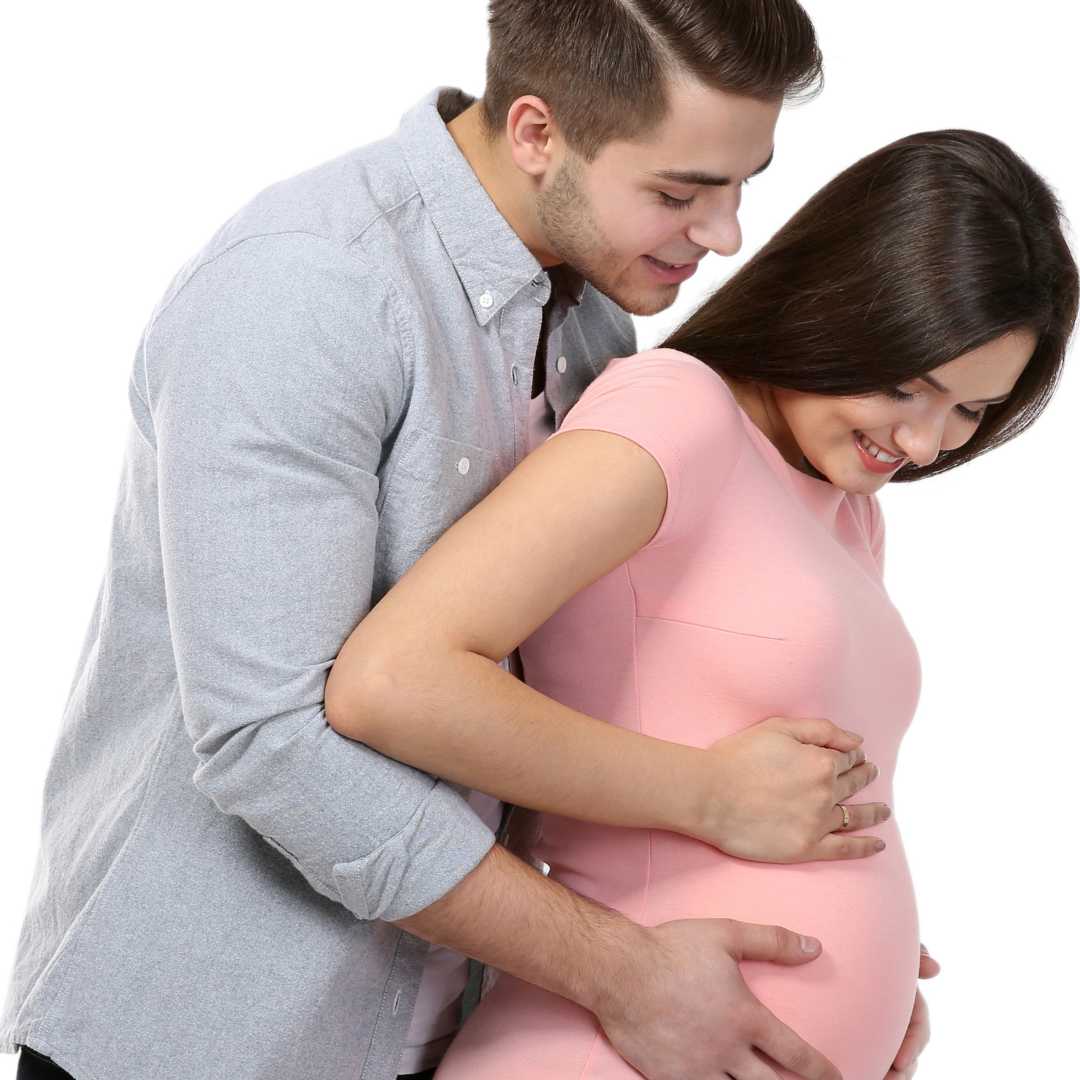

.png)
.png)
.png)
.png)
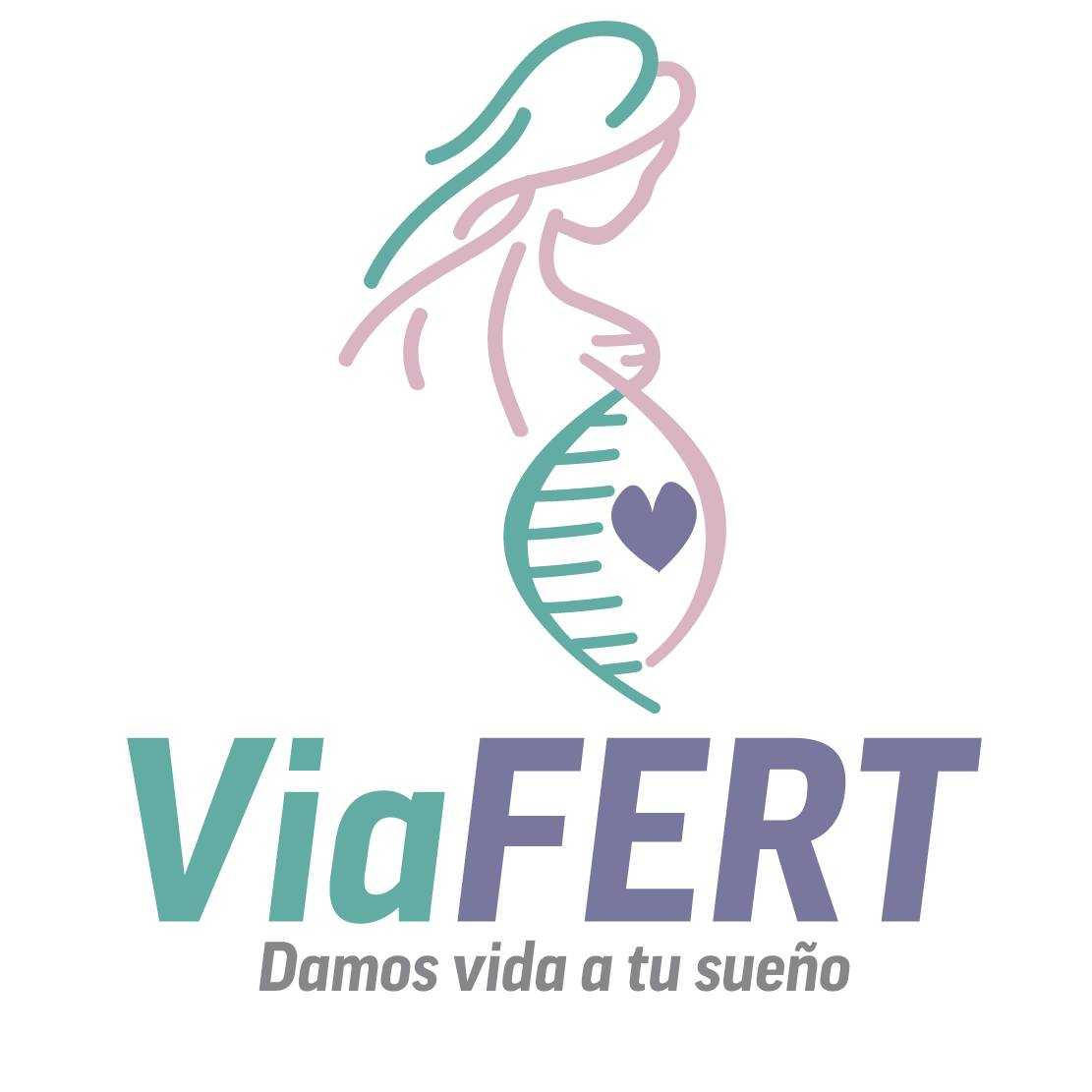
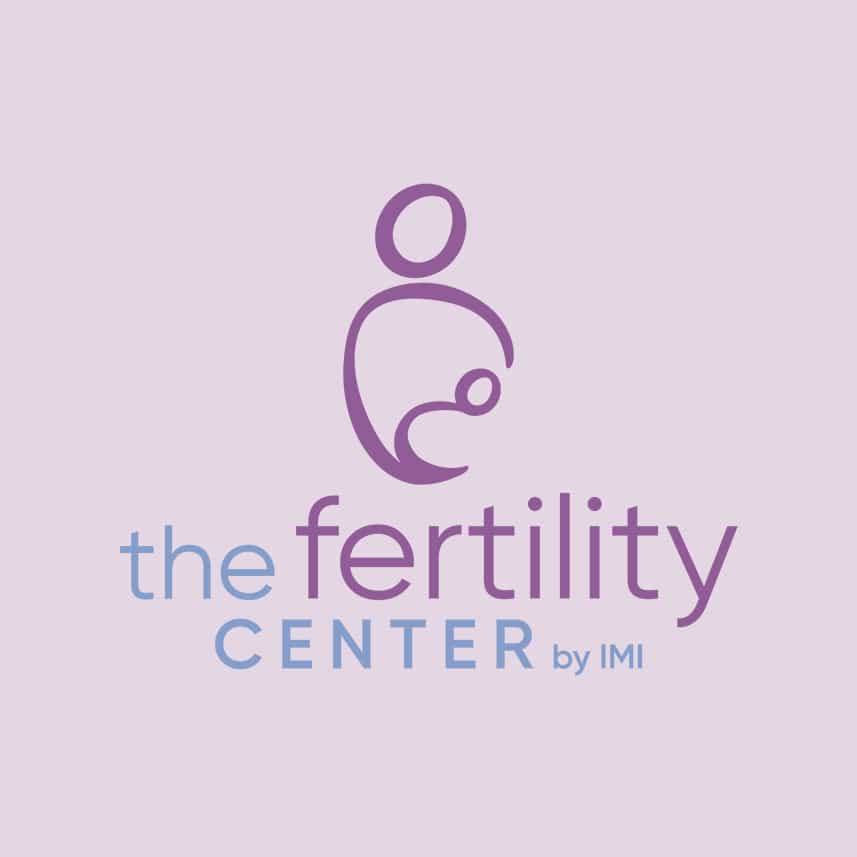
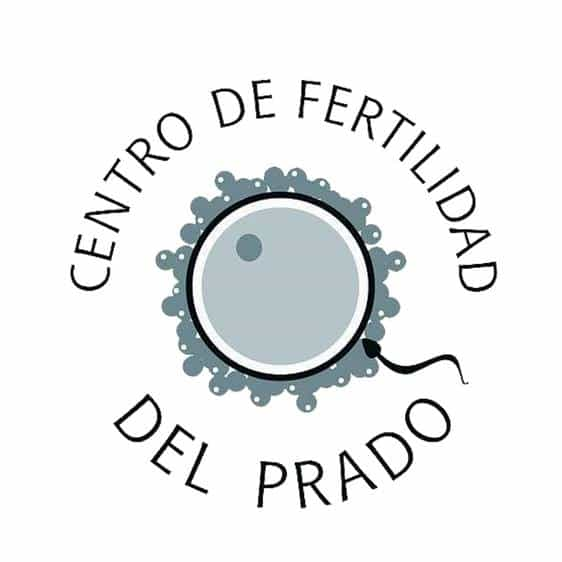
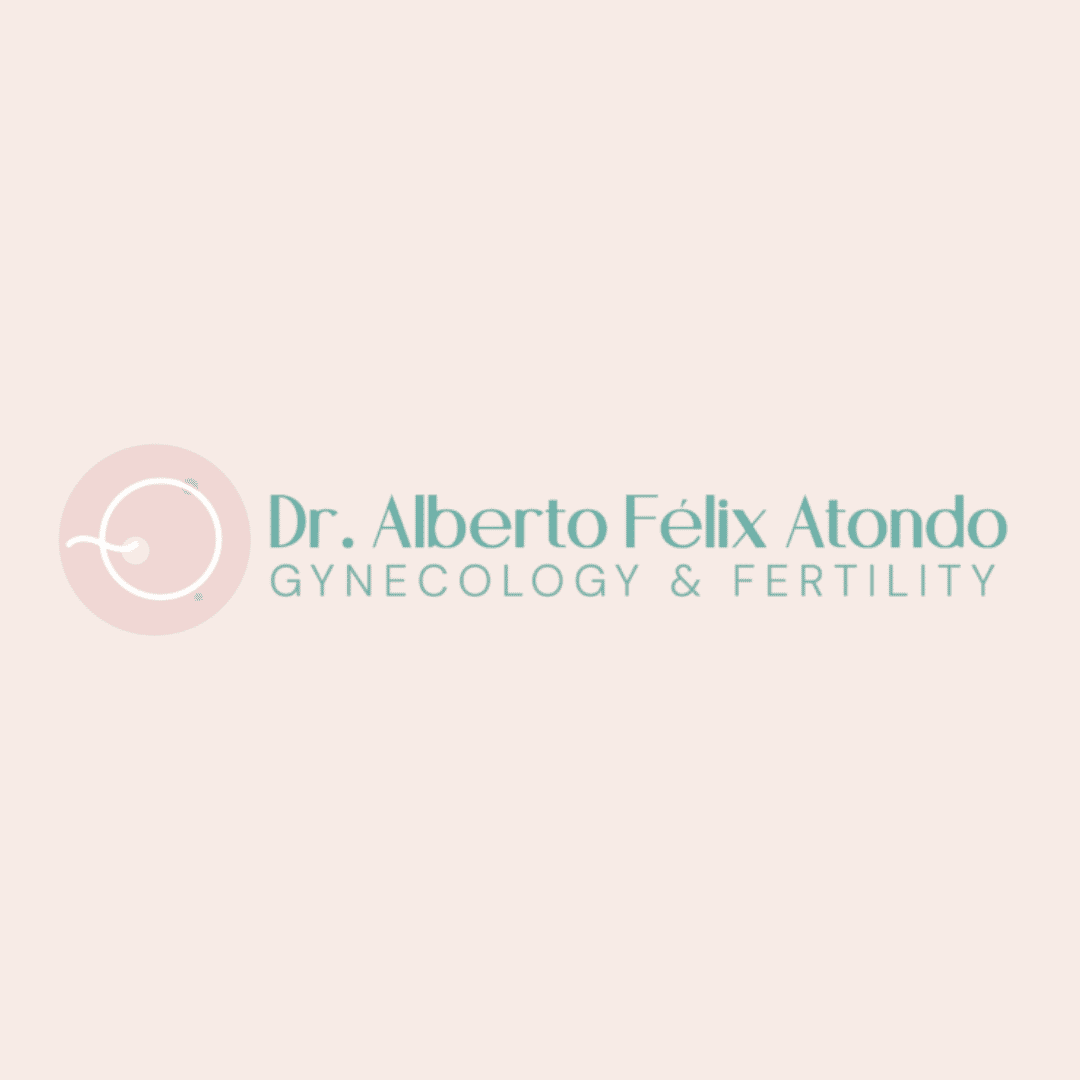
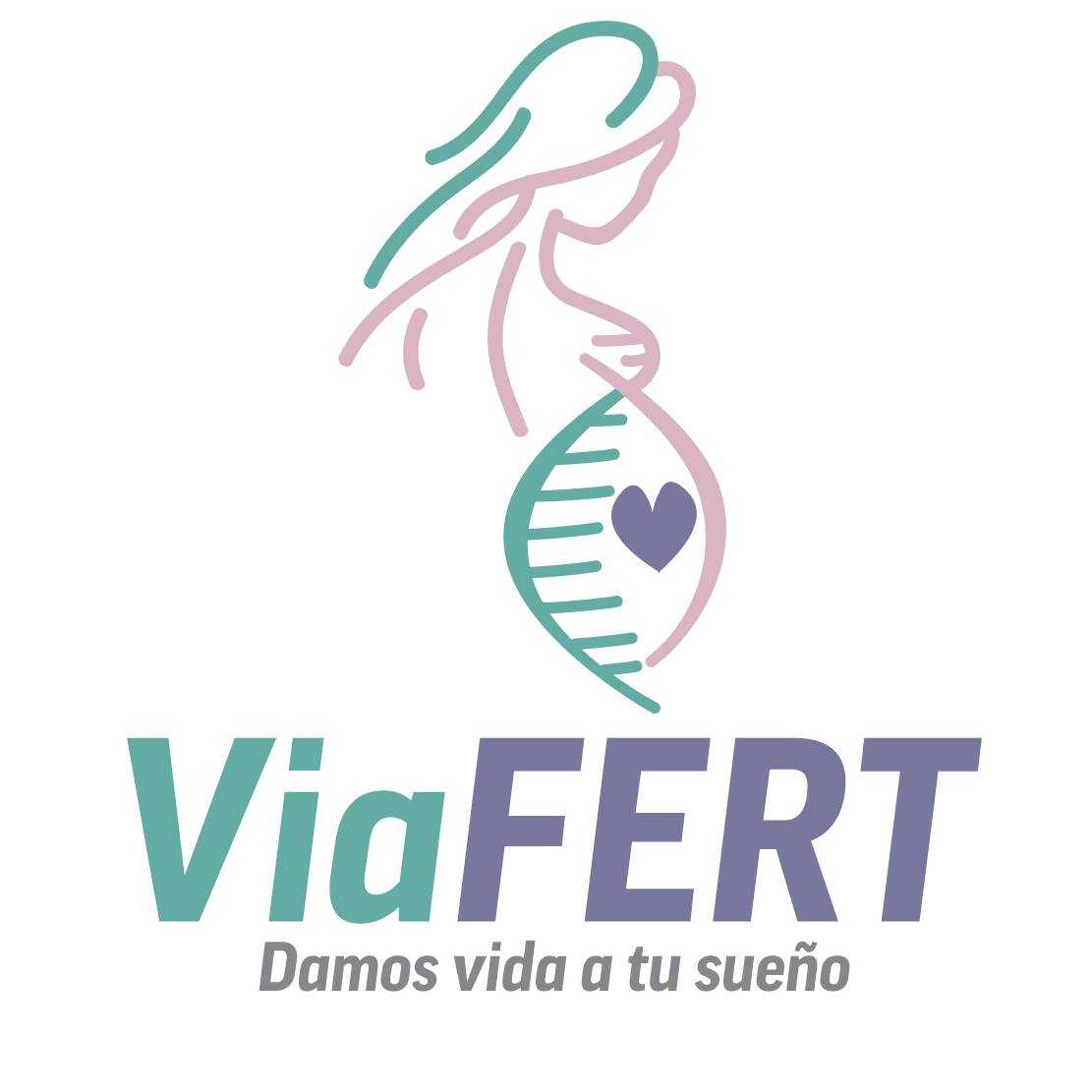

Share this listing